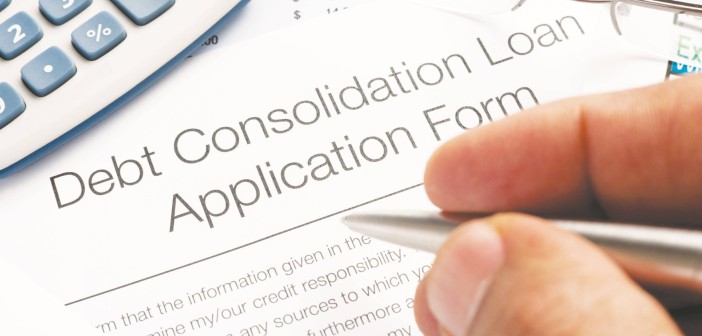An untold number of Americans are buried under what seems to be an insurmountable amount of debt. In 2011, Americans had accumulated more than $2 trillion in debt from credit cards and auto loans.
For many, their bank accounts have dried up. Many have fallen behind on payments; others have just stopped making payments, altogether. Calls from credit collectors — some who are very aggressive and somewhat frightening — are heaping pressure on thousands to pay up. Bankruptcy is the only solution for scores of people, or so they believe. But for many, debt consolidation plans have become the first step to personal financial recovery.
How debt consolidation works
The recent recession taught banks and credit card companies a hard lesson: Many Americans, who were unable to pay their debts, filed for bankruptcy and those companies were left holding an empty bag.
Lenders decided it would be better to recoup some of what was owed before things got worse. They agreed to let people take longer times to pay what they owe. And in many instances, these companies settled for less than what actually was owed. Instead of total default on billions of dollars, lenders would get something in return thanks to debt consolidation.
Consumers who are able to lump all their debt into one payment should be able to pay off their debts quicker when consolidating their debts. A personal loan might be the ticket to making that type of payment. Some borrowers can even transfer their balance after they consolidate to a card that is charging a negligible interest rate, and that could save you thousands of dollars depending on how much you owe.
The main danger with this type of debt consolidation is that you still have your plastic and easily could plunge further into financial crisis. It’s a good idea to first visit CreditCardSolution.org or go straight to your bank to help you determine which credit cards can help keep you in line; however, many who are serious about eliminating debt turn to CCCS.
All plans not equal
Various companies tout eliminating debt and helping you restore your credit — for a fee. Many of these companies will contact banks and credit card companies and negotiate a lower interest rate or payment tailored to your affordability.
Financial guru Suze Orman believes hiring these types of companies is not a good idea. She explains consumers can do the same thing — contact banks and negotiate on their own behalf. These consolidating companies charge an up-front fee as well as a monthly fee based on payments made to the credit card companies.
“It ruins your FICO score,” Orman told Forbes.com. In addition, there are tax ramifications the consumer will have to deal with if they don’t file for bankruptcy.
Consumer Credit Counseling
Consumer Credit Counseling Services is a debt consolidation company that does receive Orman’s endorsement. CCCS is a nonprofit organization that will negotiate with all your creditors and charges a minimum fee.
Counselors work with the lenders to set up a manageable debt management plan that borrowers can follow. Debtors are placed on a five-year plan and make a single, monthly payment to CCCS, which then makes sure creditors are paid. Monthly statements are available so borrowers can track how their payments are being applied.
Part of the debt consolidation plan is a forced savings plan. Part of each month’s payment helps those in over their heads to save a few dollars for emergency. Also, those who enroll in a debt management plan are able to keep one credit card for emergency.
To show their commitment, debtors cut up all their cards before taking the no-credit plunge.
Counselors with CCCS are at the ready to help people restore their dignity and get back on their financial feet.
Debt consolidation and your credit score
Debt management plans will help you get out of debt faster and it also can help salvage your credit score. These types of plans ensure that creditors receive monthly payments while at the same time making sure borrowers make payments on times.
A spokesman for credit reporting bureau Experian said missing making a payment will have an adverse effect on a person’s credit score.
“The most important factor for their credit risk is that they don’t miss any payments,” Maxine Sweet told Kiplinger.com. “Even if they are making reduced payments, scoring models will generally look at whether they are being made on time and how the balance compares to the limit.”




